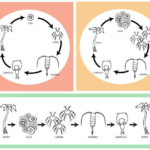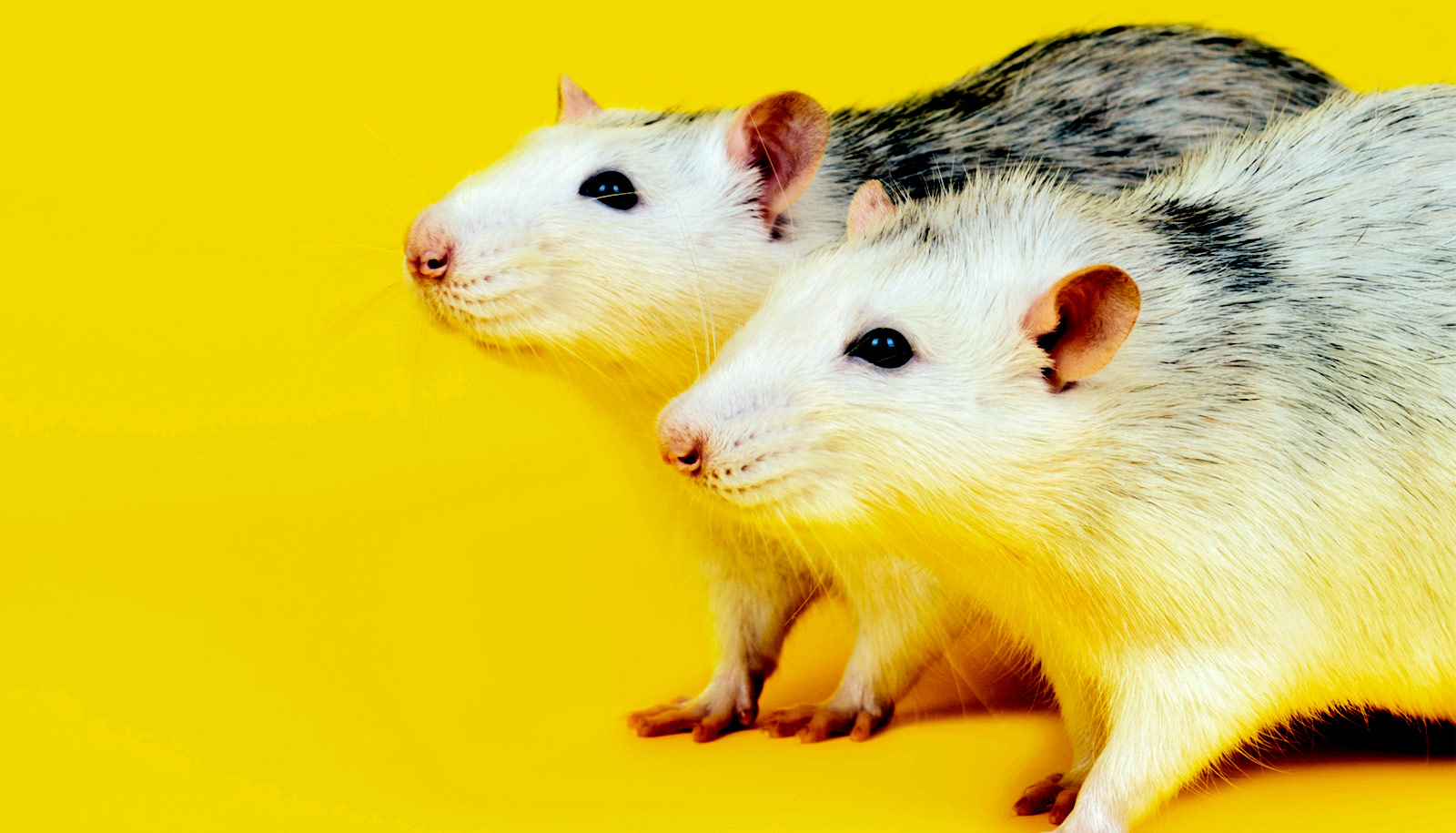A new drug may offer steady weight loss without common, unwanted side-effects, research in lab animals shows.
The experimental anti-obesity drug could decrease appetite and normalize blood glucose levels.
The drug, delivered by injection, works without causing nausea and vomiting, which are frequent side effects of current weight-loss and diabetes drugs.
The new peptide treatment not only reduces food consumption but also increases the burn rate of calories, causing significant and consistent weight loss in laboratory animals, says Robert Doyle, professor of chemistry at Syracuse University and associate professor of pharmacology at SUNY Upstate Medical University.
Gastric bypass and related procedures cause a reboot of the endocrine system, resulting in weight loss, but surgery is not suitable or available for all who could benefit from it.
“With this new drug treatment, we aim to chemically replicate the benefits of surgery without patients having to undergo surgery,” Doyle says.
Current anti-obesity drugs don’t reliably achieve long-term weight loss for all patients and often cause significant side effects, and many patients must stop taking them (about 70% within two years).
“With other drugs, patients often have to limit the amount they can take because they cannot tolerate more,” says Doyle. “There is a need for a drug that will work for everybody and guarantee a steady, uniform minimum level of weight loss. This new treatment, which could be injected in humans once a week, would be a way to lose a given percent of your weight and not feel sick while doing it.”
The researchers created the peptide drug GEP44 in the laboratory, comprising 44 amino acids that target three different weight-loss and glucoregulatory receptor pathways at the same time.
The drug caused obese rats to eat up to 80% less than they would typically eat. By the end of one 16-day study, they lost an average of 12% of their weight. The drug did not induce vomiting in shrews, a mammalian model that—unlike rats—is capable of vomiting.
The researchers have filed for patents and plan to test the compound in primates.
Doyle and co-principal investigator Christian Roth of Seattle Children’s Research Institute presented their results at the spring meeting of the American Chemical Society (ACS) in March.
The Congressionally Directed Medical Research Programs of the US Department of Defense funded the work.
Source: Syracuse University
Author Profile
- "Center" Bias Rating
- Futurity is a nonprofit website that aggregates news articles about scientific research conducted at prominent universities in the United States, the United Kingdom, Canada, Europe, Asia, and Australia. It is hosted and edited by the University of Rochester.
Latest entries
 ScienceApril 19, 2024Tweaked science textbook diagrams boost student understanding
ScienceApril 19, 2024Tweaked science textbook diagrams boost student understanding ScienceApril 18, 2024Childhood trauma may stymie muscle function later
ScienceApril 18, 2024Childhood trauma may stymie muscle function later ScienceApril 18, 2024Immigration benefits local economies, including wages
ScienceApril 18, 2024Immigration benefits local economies, including wages ScienceApril 17, 2024Fitness trackers and phones can help monitor multiple sclerosis
ScienceApril 17, 2024Fitness trackers and phones can help monitor multiple sclerosis

